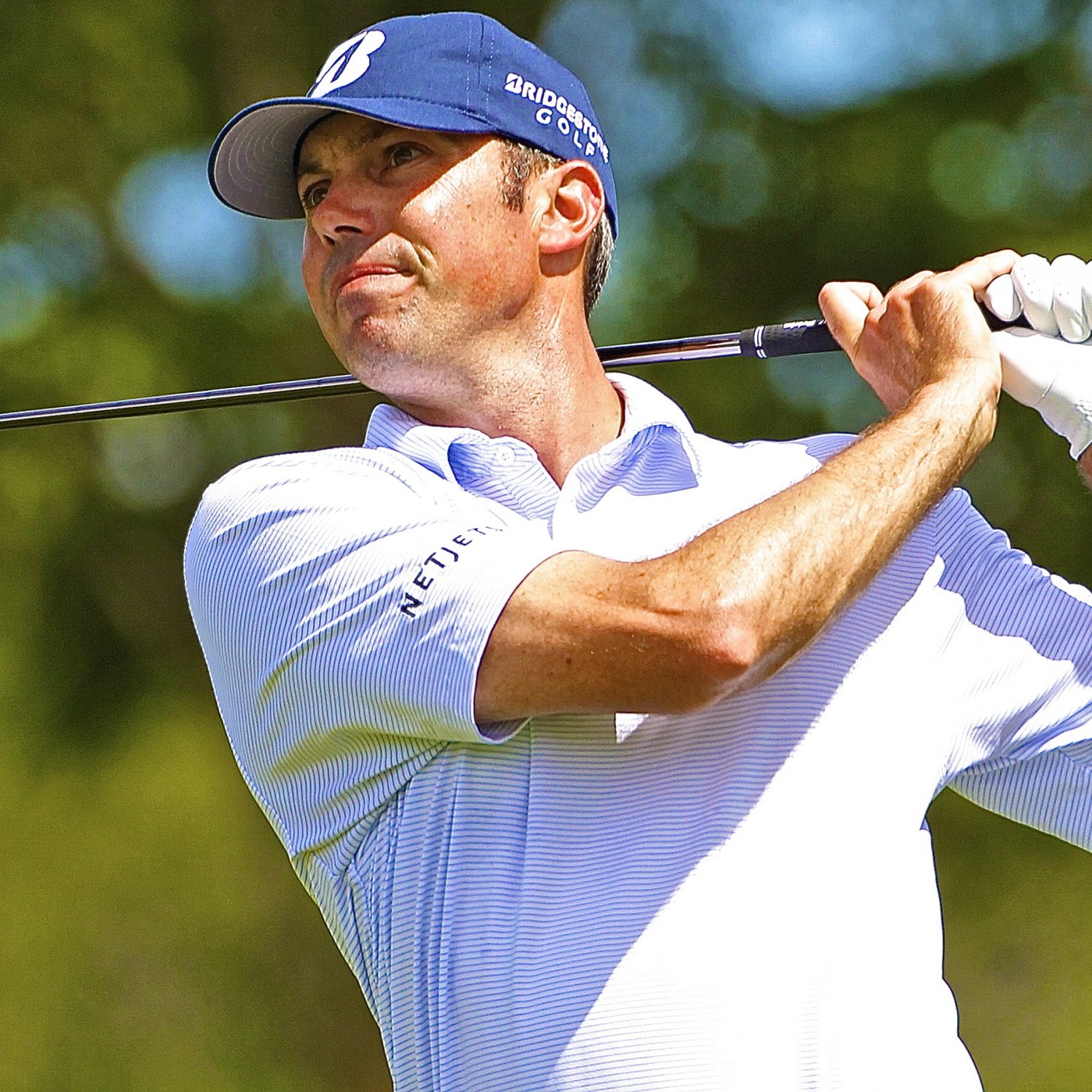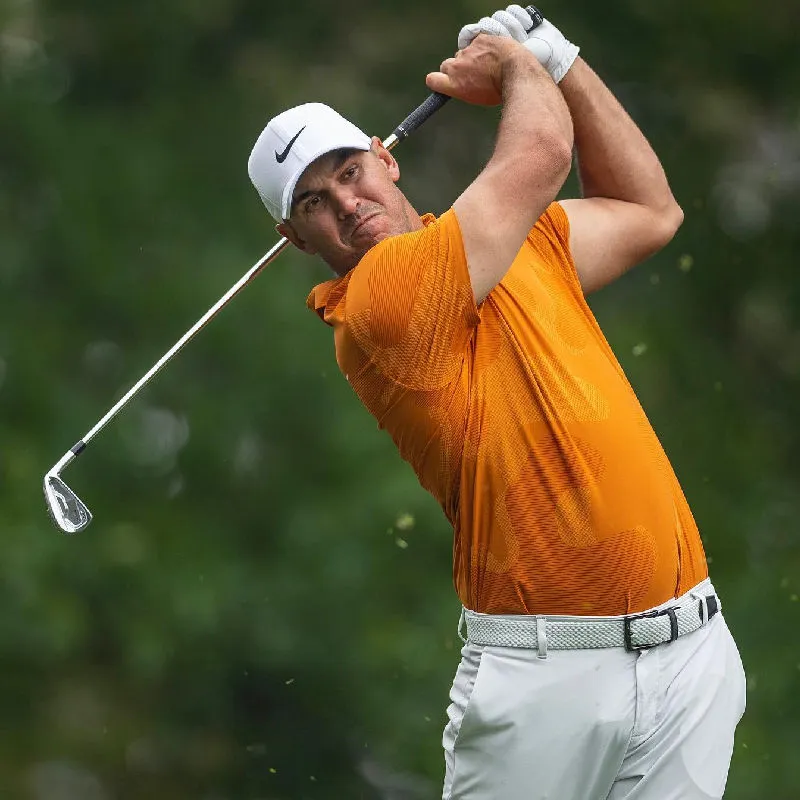The golf Olympics have captured sports enthusiasts’ attention worldwide. This marks a significant milestone in the sport’s history. After a long hiatus, golf made a triumphant return to the Olympic Games. This return brought renewed excitement and elevated competition. This article explores the journey of golf in the Olympics. We will cover its history, current format, and impact on the sport. Additionally, we will discuss challenges and future prospects. Whether you are a seasoned golfer or a curious fan, understanding the golf Olympics is essential. It provides insights into how this elegant sport became part of global athletics.
 The History of Golf in the Olympic Games
The History of Golf in the Olympic Games
Golf’s relationship with the Olympic Games is both storied and complex, reflecting the sport’s evolving status in the world of athletics.
Early Attempts and Exclusion
Initially, golf appeared in the Olympics during the early 20th century. The first appearance was in the 1900 Paris Games, followed by another appearance in 1904 in St. Louis. These early competitions laid the groundwork but did not firmly establish golf as a staple Olympic sport. Consequently, after 1904, golf was excluded from the Olympic roster for over a century. This exclusion was influenced by various factors, including the sport’s limited global reach at the time and organizational challenges within the Olympic committees.
Golf’s Reintroduction in the Modern Olympics
After decades of absence, golf was reintroduced to the Olympic Games in 2016 in Rio de Janeiro. This decision was influenced by the sport’s growing international popularity and the efforts of both the golfing community and Olympic organizers to showcase a wider array of sports. The reintroduction aimed to balance traditional Olympic sports with those that have a global following, ensuring a more inclusive and diverse representation of athletic disciplines. The success of golf in the Rio Games paved the way for its continued presence in subsequent Olympics, reaffirming the sport’s relevance and appeal.
The Format and Rules of Golf in the Olympics
Understanding the golf Olympics requires a grasp of the competition’s format and the specific rules that govern it. These elements ensure a fair and exciting tournament for both players and spectators.
Competition Structure
The golf Olympics typically feature both individual and team events, allowing athletes to compete for their personal glory as well as their nation’s honor. The competition usually spans four days, with players completing 72 holes of stroke play. The player with the lowest aggregate score wins the individual gold medal. Additionally, team events are often decided by the combined scores of the top three players from each country, fostering a spirit of camaraderie and national pride.
Notable Olympic Golfers and Their Achievements
Several prominent golfers have made their mark in the golf Olympics, elevating the sport’s profile on the global stage. For instance, in the 2016 Rio Games, Justin Rose of Great Britain clinched the gold medal, showcasing exceptional skill and consistency. Similarly, Inbee Park of South Korea won the women’s gold, highlighting the sport’s competitive diversity. These athletes not only achieved personal milestones but also inspired countless aspiring golfers worldwide, emphasizing the Olympic golf’s role in shaping the sport’s future.
 The Impact of Golf Olympics on the Sport
The Impact of Golf Olympics on the Sport
The inclusion of golf in the Olympic Games has had far-reaching effects on the sport, influencing everything from global participation to professional strategies.
Global Popularity and Participation
The golf Olympics have significantly boosted the sport’s global popularity. By featuring golfers from diverse countries, the Olympics have introduced the sport to new audiences and encouraged participation across different regions. This increased visibility has led to the establishment of golf academies and grassroots programs in countries where the sport was previously less dominant, fostering a more inclusive and widespread golfing community.
Changes in Golf Training and Strategy
With the Olympic spotlight, golfers have adapted their training and strategies to excel on the international stage. Athletes now place greater emphasis on representing their countries, which adds an extra layer of motivation and pressure. This shift has led to more intensive training regimens and strategic planning, as players aim to perform consistently over the four-day tournament to secure Olympic medals. Consequently, the golf Olympics have elevated the competitive standards within the sport, driving innovation and excellence.
Challenges Facing Golf in the Olympics
Scheduling and Player Commitment
One of the primary challenges is scheduling. Golf tournaments often coincide with professional tours, creating conflicts for top players who must choose between Olympic participation and lucrative tour events. Balancing these commitments can be difficult, as players may prioritize their professional careers over the Olympic Games, potentially reducing the overall competitiveness and prestige of the Olympic golf events.
Balancing Professional Tours with Olympic Goals
Additionally, aligning the objectives of professional golf tours with the Olympic agenda poses a significant hurdle. Professional tours focus on ranking and monetary rewards, whereas the Olympics emphasize national representation and medal achievement. Finding a harmonious balance that satisfies both the athletes’ career goals and the spirit of the Olympic Games is crucial for the sustained success.
Future Prospects for Golf in the Olympics
Looking ahead, the golf Olympics hold promising prospects that could further integrate golf into the Olympic movement and expand its global footprint.
Potential Growth and Opportunities
The future of the golf Olympics appears bright, with opportunities for growth in various aspects. As more countries invest in golf infrastructure and training programs, the competition is likely to become more diverse and competitive. Additionally, the continued inclusion of golf in the Olympic roster can attract new sponsors and media attention, providing financial support and increasing the sport’s visibility.
Innovations and Adaptations
Innovations in technology and tournament formats could also enhance the golf Olympics experience. For example, incorporating advanced broadcasting techniques and interactive features can make the events more engaging for fans. Furthermore, adapting tournament formats to include shorter, more dynamic rounds might attract a younger audience and align with modern viewing preferences, ensuring the longevity and relevance of golf in the Olympic context.
 Why the Golf Olympics Matter to Fans and Athletes
Why the Golf Olympics Matter to Fans and Athletes
The golf Olympics hold significant importance for both fans and athletes, offering unique experiences and opportunities that extend beyond traditional golf tournaments.
National Pride and Representation
For athletes, participating in the golf Olympics is a chance to represent their country on an international stage, fostering a deep sense of national pride and accomplishment. Winning an Olympic medal can be a career-defining moment, offering recognition and respect that transcends professional achievements. This national representation also resonates with fans, who take pride in supporting their country’s athletes and celebrating their successes.
Inspiring the Next Generation of Golfers
The visibility and excitement generated by the golf Olympics inspire the next generation of golfers. Young athletes are motivated to pursue the sport, seeing the Olympic golf as a tangible and prestigious goal. This inspiration leads to increased youth participation, comprehensive training programs, and the cultivation of future talents who may one day compete on the Olympic stage themselves.
Sustainability and Ethical Considerations
As the golf Olympics continue to grow, sustainability and ethical considerations become increasingly important in shaping the sport’s future.
Ethical Sourcing
Ensuring that the materials used in golf equipment and tournament operations are ethically sourced is paramount. Promoting fair trade practices and using environmentally friendly materials can enhance the sport’s reputation and appeal to conscious consumers. This commitment to ethics not only benefits the environment but also aligns with the Olympic values of fairness and integrity.
Eco-Friendly Initiatives
The golf Olympics have the potential to lead the way in eco-friendly initiatives within the sport. Implementing sustainable practices, such as reducing waste, conserving water on golf courses, and using renewable energy sources for event operations, can set a positive example for the global community. These initiatives highlight the sport’s dedication to environmental stewardship and responsible growth.
Supporting Local Communities
Moreover, the golf Olympics can support local communities by promoting inclusive participation and providing opportunities for underrepresented groups. Hosting Olympic events in diverse locations can boost local economies and foster a sense of community pride. Additionally, outreach programs and partnerships with local organizations can ensure that the benefits of the golf Olympics extend beyond the competition itself, creating lasting positive impacts.
 The Role of Technology in Enhancing the Golf Olympics Experience
The Role of Technology in Enhancing the Golf Olympics Experience
Technology plays a crucial role in enhancing the golf Olympics experience for both players and fans, driving innovation and improving engagement.
Advanced Broadcasting and Interactive Features
Modern broadcasting techniques, such as virtual reality and high-definition streaming, allow fans to experience the golf Olympics in unprecedented ways. Interactive features, like real-time statistics and multi-angle views, provide deeper insights into the players’ performances and the intricacies of the game. These technological advancements make the golf Olympics more accessible and enjoyable for a global audience.
Data Analytics and Performance Enhancement
For athletes, technology offers tools for data analytics and performance enhancement. By analyzing swing mechanics, shot accuracy, and other key metrics, golfers can refine their techniques and strategies to excel in the golf Olympics. Additionally, wearable technology and advanced training equipment contribute to more effective preparation, ensuring that athletes are in peak condition for the competition.
Social Media and Fan Engagement
Social media platforms play a significant role in promoting the golf Olympics and engaging with fans. Athletes and organizers can share updates, behind-the-scenes content, and interactive polls, fostering a sense of community and excitement. This direct interaction between players and fans enhances the overall experience, making the golf Olympics more dynamic and inclusive.
Cultural Significance of Golf in the Olympics
The golf Olympics not only impact the sport but also hold cultural significance, reflecting and shaping societal values and trends.
Celebrating Diversity and Inclusion
The inclusion of golf in the Olympic Games celebrates diversity and promotes inclusion within the sport. By bringing together athletes from various cultural backgrounds and regions, the golf Olympics highlight the universal appeal of golf and its ability to bridge cultural divides. This celebration of diversity enriches the Olympic experience and fosters mutual respect and understanding among participants and spectators alike.
Promoting Gender Equality
The golf Olympics also promote gender equality by featuring both men’s and women’s competitions. This equal representation ensures that female golfers receive the same recognition and opportunities as their male counterparts, encouraging broader participation and support for women’s golf. By upholding principles of equality, the golf Olympics contribute to a more balanced and fair sporting landscape.
Showcasing National Identity
Furthermore, the golf Olympics serve as a platform for countries to showcase their national identity and heritage through the sport. Unique styles of play, traditional attire, and cultural rituals associated with golf can be highlighted, adding a rich cultural dimension to the competition. This showcase of national identity enriches the viewing experience and deepens the connection between athletes and their home countries.
Legacy of Golf in the Olympics
The legacy of the golf Olympics extends beyond the games themselves, leaving lasting impressions on the sport and its global community.
Increased Investment and Development
The presence of golf in the Olympics leads to increased investment and development in the sport. Governments and private entities may invest more in golf facilities, training programs, and youth initiatives, fostering a thriving golfing ecosystem. This investment not only enhances the quality of the sport but also ensures its long-term sustainability and growth.
Enhanced Global Competitiveness
As a result of the golf Olympics, the level of competition within the sport escalates. Athletes strive for excellence not only in professional tours but also in representing their countries, driving the overall competitiveness of golf. This heightened competitiveness can lead to exciting and memorable performances, elevating the sport’s prestige and appeal.
Inspirational Stories and Role Models
The golf Olympics generate inspirational stories and create new role models within the sport. Athletes who achieve Olympic success inspire millions, demonstrating the heights that dedication and skill can reach. These stories motivate aspiring golfers to pursue their dreams, fostering a new generation of talent and ensuring the continued vibrancy of the sport.
 Conclusion
Conclusion
The golf Olympics represent a significant moment in the sport’s history. They blend tradition with modern athleticism, creating dynamic and inspiring competition. By reintroducing golf to the Olympic stage, the Games have elevated the sport’s global profile. They also foster a deeper connection between athletes and fans worldwide. As the golf Olympics continue to grow and evolve, they promise to leave a lasting legacy. This legacy enhances the sport and inspires future generations. It celebrates the universal spirit of competition and excellence. Embracing the golf Olympics means recognizing the profound impact of this esteemed event. It affects the world of golf and the broader athletic community. This ensures that the sport remains vibrant, inclusive, and ever-evolving for years to come.